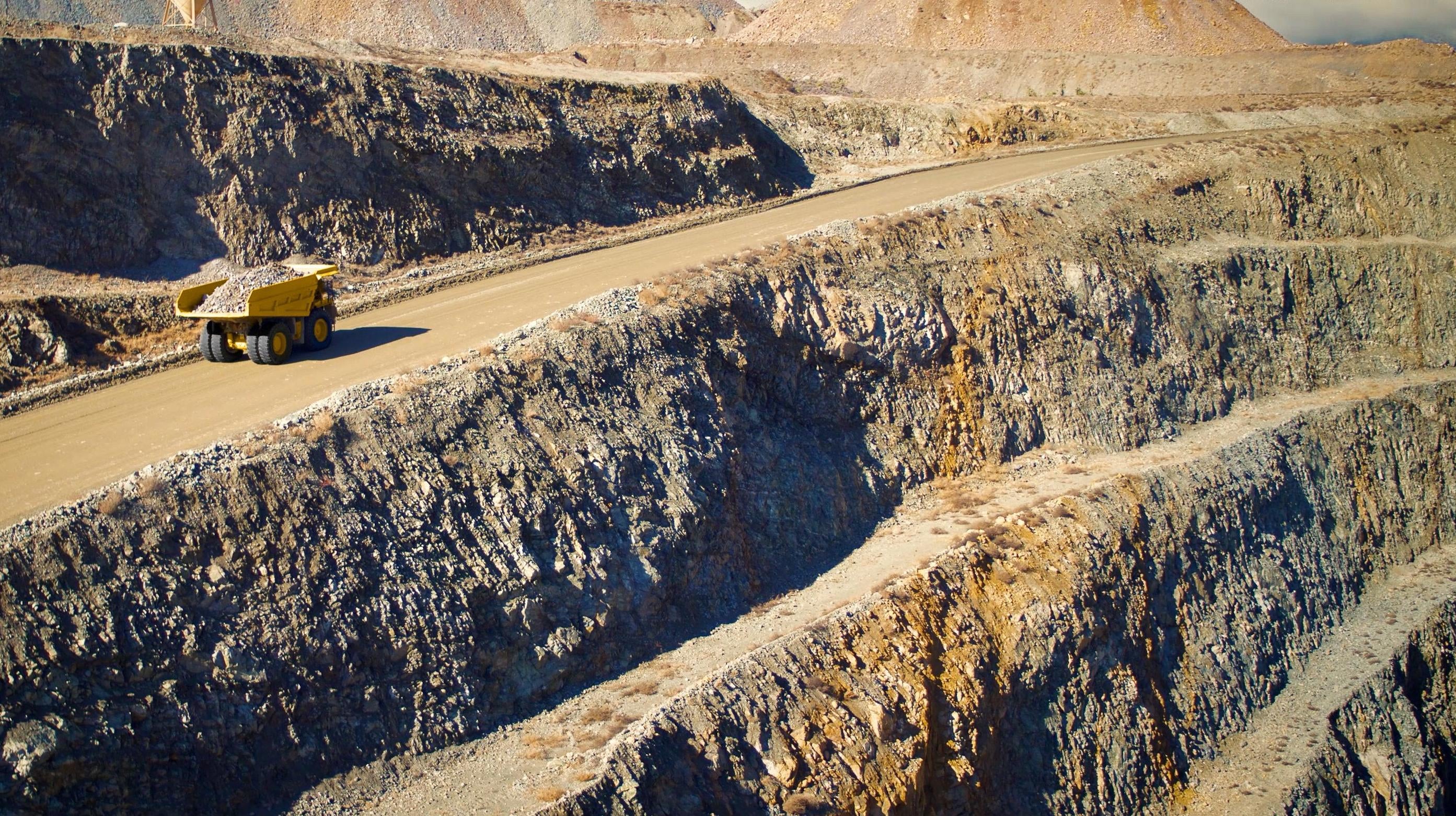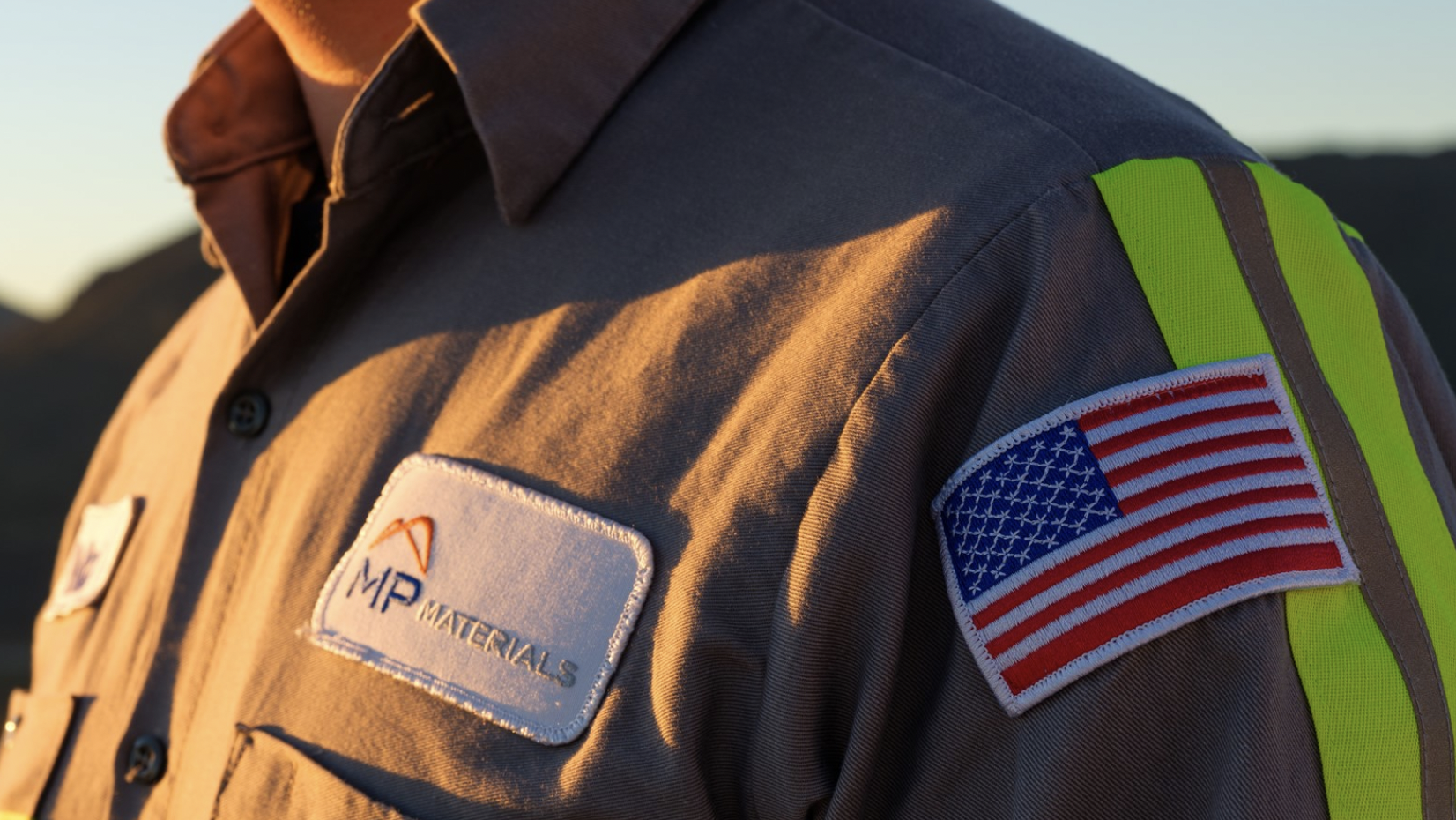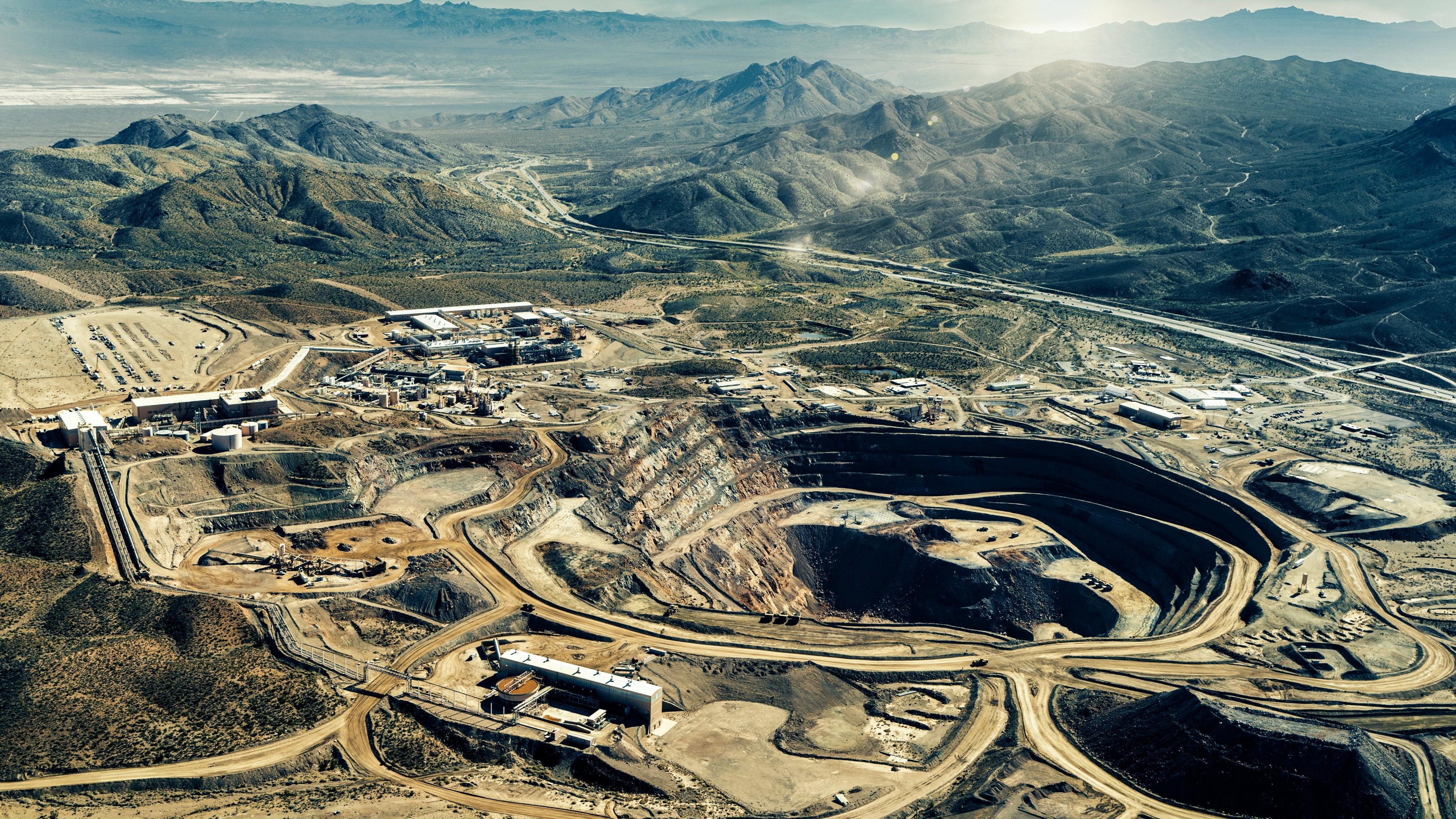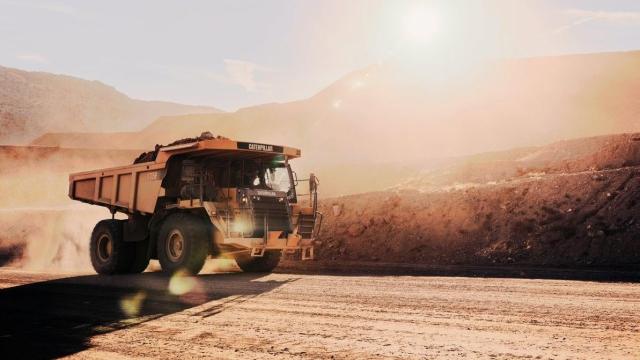The U.S. wants to decrease its dependency on foreign countries as the transition to electric vehicles ramps up. It’s no secret that right now, China has a big advantage in the production of EV batteries. That’s mostly down to China having a near-monopoly on refining the minerals and metals used in battery production, but sourcing the raw materials in the first place will matter just as much. The U.S. thinks it already has all the minerals it needs in the country, and we are possibly going beyond “Made in the USA” onto “Mined in the USA.”
Biden announced a series of public and private investments on Tuesday, which will allegedly boost domestic supply of lithium, cobalt and other rare earths, the New York Times reports. These investments are supposed to curb — or even eliminate — our need to import these metals from Australia, Chile and China. The NYT cited Biden, who claimed that we currently import close to 100 per cent of these raw materials.

These investments are part of a larger initiative within the infrastructure law that was pushed through last year. It reportedly covers the entire life cycle of these minerals, from extraction to refining and production. Even recycling. And it all starts of course, with the mining. From the NYT:
The Pentagon awarded MP Materials, an American mining company, $US35 ($49) million to expand a rare earths project in Mountain Pass, Calif., with the company expected to invest another $US700 ($972) million in the supply chain by 2024. The project would establish the first complete supply chain within the United States for permanent magnets, which are used in electric vehicle motors, wind turbines and defence applications, according to a White House statement.
Keep track of the locations and timelines, because they are coming up soon and seem to coalesce in Southern California. Mountain Pass is just North of where another project is reportedly breaking ground in the next four years:
Berkshire Hathaway Energy Renewables announced plans to break ground this spring on a California facility to test the commercial viability of a process that extracts lithium from geothermal brine. If the test is successful, the company could start commercial production of lithium hydroxide and lithium carbonate by 2026.
The locations and proposed timing of the mining projects (2024-2026) are not that far apart, and I mention these because many carmakers and governments love to throw out the year 2030 when talking about the definitive end of ICE production, and the EV transition. According to CNN, it takes anywhere from “seven to 10 years to get a mine set up, and sometimes longer.” So if 2030 is the goal, then we’re already behind.


